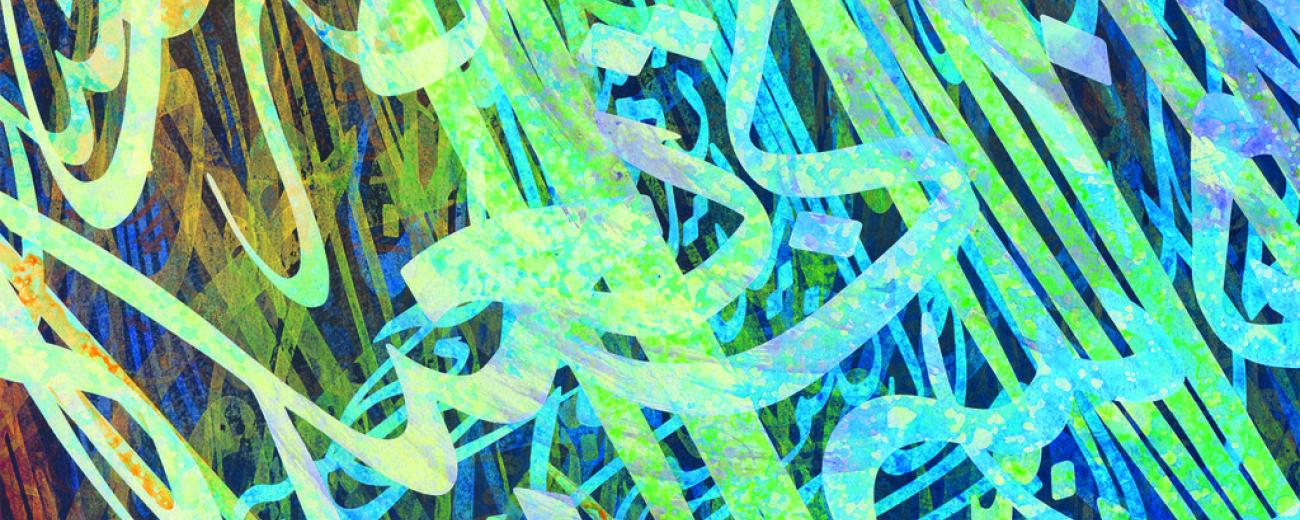
Neoplatonism and Poetry at the Confluence of Africa, Asia and Europe

Key information
- Date
- Time
-
6:00 PM to 7:15 PM
- Venue
- Brunei Gallery
- Room
- Brunei Gallery Lecture Theatre (BGLT)
- Event type
- Launch
About this event
This book launch will be followed by a reception.
Abstract
Neoplatonism, the dominant philosophy of Late Antiquity, forms part of the common heritage of the Christian, Jewish and Muslim cultures of the greater Mediterranean. It inspired the arts and left its mark on some the region’s most celebrated poets. How did it manifest itself in their works and to what extent is it still relevant today? Does its enduring appeal have a message for our time?
The volume Faces of the Infinite: Neoplatonism and Poetry at the Confluence of Africa, Asia and Europe seeks to answer these questions through a close reading of classical and modern poems composed in Arabic, Greek, Hebrew, Italian, Persian, Spanish and Turkish. The text of the poems appears in the original languages and English translation in the Online Anthology Lyrics of Ascent: Poetry and the Platonic Tradition which accompanies this volume and is accessible free of charge.
About the speakers
Yorgos Dedes, Senior Lecturer in Turkish, Yorgos Dedes teaches Modern Turkish and Ottoman. For the last fifteen years he has also been teaching at the Intensive Ottoman and Turkish Summer School in Cunda, Turkey. He has published work on Ottoman Bursa (Europe: A Literary History, edited by David Wallace) and on the Greek aljamiado translation of Süleymân Çelebî’s Mevlid-i nebî (Journal of Turkish Studies).
Stefan Sperl, Professor Emeritus in Arabic and Middle Studies, has published on Arabic and Islamic Studies, Comparative Literature and Refugee Studies, including Qasida Poetry in Islamic Asia and Africa (edited with Christopher Shackle) and The Cosmic Script: Sacred Geometry and the Science of Arabic Penmanship (with Ahmed Moustafa).
Julian Weiss is Professor of Medieval of Early Modern Spanish Studies at King’s College London. His research interests include medieval and Renaissance poetics, literary theory, court lyric and clerical narrative, as well as early modern censorship. He is a member of the international research group Seminario de Poética Europea del Renacimiento (Universitat Autònoma de Barcelona ) and a co-investigator on the AHRC flagship project Language Acts and Worldmaking. His current research traces the early modern reception of the Jewish historian Flavius Josephus (1st Century CE) as he travelled in Spanish translation from Iberia in 1492 to the Sephardic communities of Amsterdam in the late seventeenth century.
Registration
This event is free to attend and is open to the public. Register online through this form
Organiser: SOAS Middle East Institute
Contact email: ss6@soas.ac.uk

